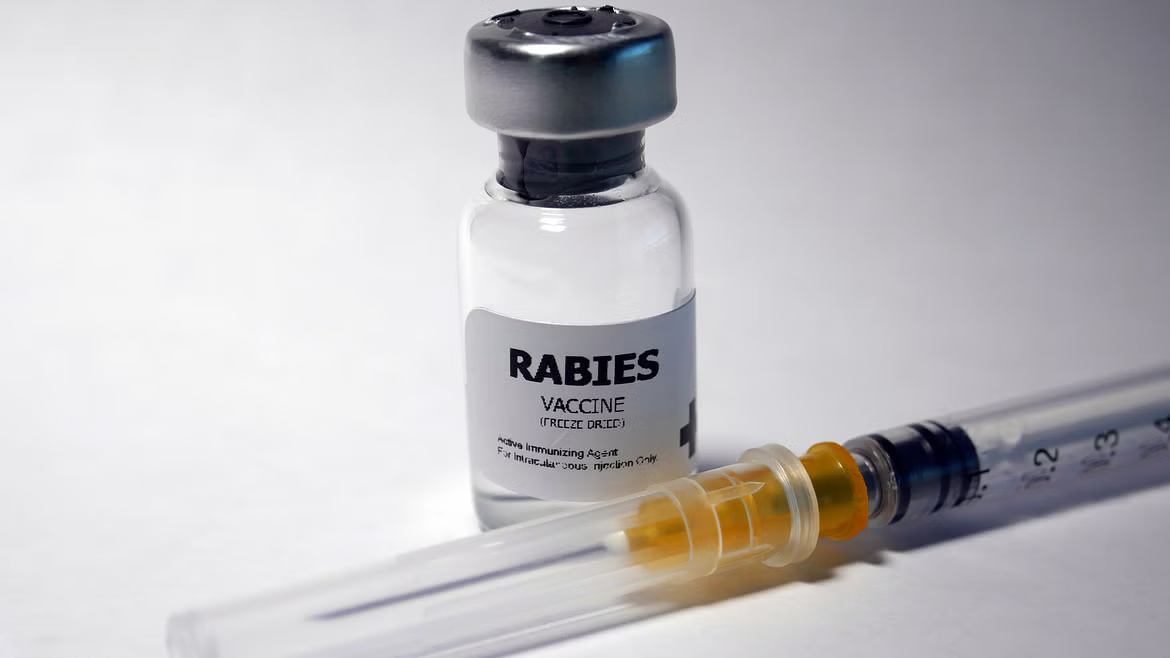The tragic death of eight-year-old Niya Faisal from Kollam, Kerala, on the very day she was to receive her fourth dose of anti-rabies vaccine, is deeply distressing. Even more alarming is the fact that she is the third such victim in the state in a single month. In all these cases, the victims had already received anti-rabies vaccines, raising serious questions about the effectiveness of the vaccine administration and the overall public health response. Niya’s parents allege that they were shunted from a primary health centre to another hospital, where valuable time was lost before a doctor finally attended to the child. Such negligence is unacceptable, especially when dealing with a disease as deadly as rabies, where time is of the essence.
Ever since Louis Pasteur developed the first rabies vaccine in 1885, the world has had a reliable defence against one of the most terrifying diseases transmitted by dog bites. The vaccine has saved millions of lives over the years. That such deaths are occurring even after vaccination suggests either a failure in vaccine quality or a breakdown in its administration. The anti-rabies vaccine is sensitive to temperature and requires an unbroken cold chain from manufacture to administration. If this chain is disrupted, the vaccine can lose its potency. It is crucial that health officials investigate whether the vaccines being used are stored and handled properly across Kerala’s hospitals and clinics.
The issue goes beyond vaccine management. Last year alone, Kerala recorded over 3.16 lakh dog bite cases. This surge correlates with an alarming rise in the stray dog population, fed by uncollected garbage strewn along streets due to poor waste management systems. These dogs not only pose a health hazard but have also been involved in fatal attacks on children. Legal restrictions on the culling of stray dogs, introduced following campaigns by animal rights activists led by Maneka Gandhi, have curtailed the traditional methods of population control. While the government now promotes Animal Birth Control (ABC) measures, the infrastructure to implement this is grossly inadequate. Very few centres are functional, rendering the programme ineffective.
It is imperative that the government, civil society, and animal welfare groups come together to address this crisis holistically. Stray dogs must be vaccinated, their population effectively controlled, and anti-rabies vaccines stored and administered with the utmost care. Every dog bite must be treated as a medical emergency. Let the tragedy that claimed young Niya’s life serve as a wake-up call. India cannot afford to lose another child to a preventable disease like rabies.
